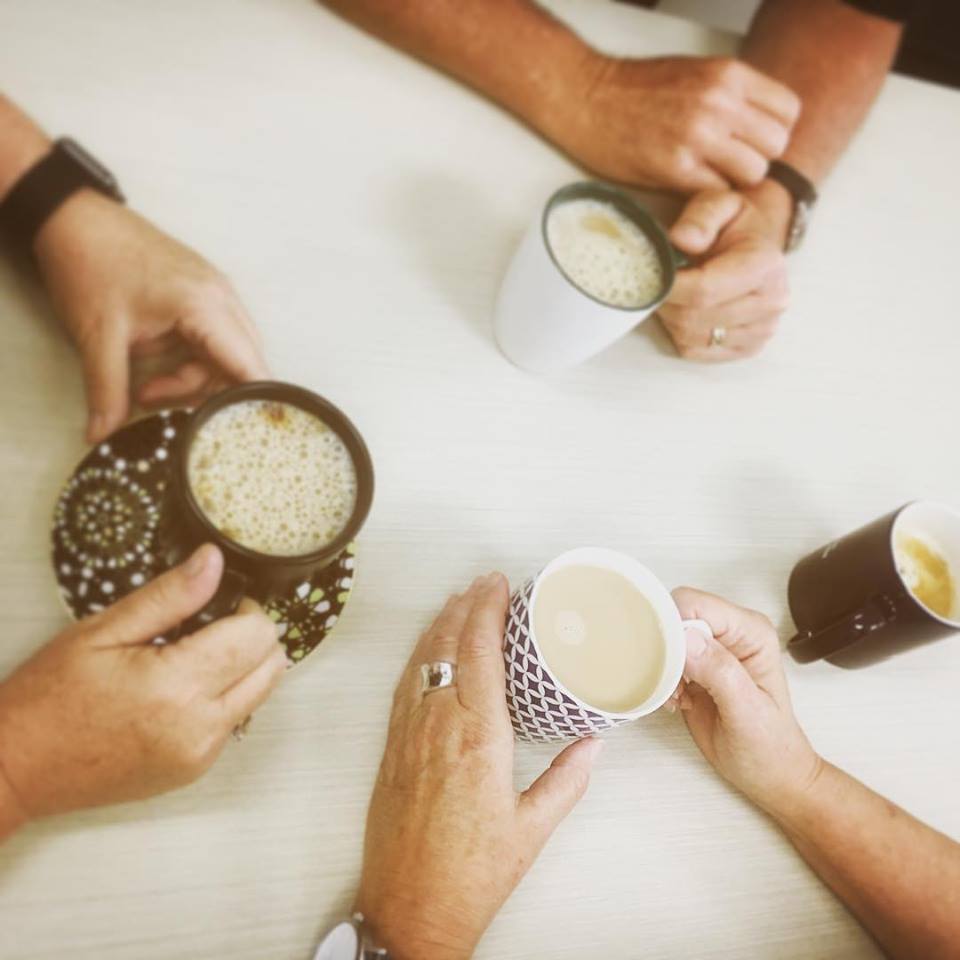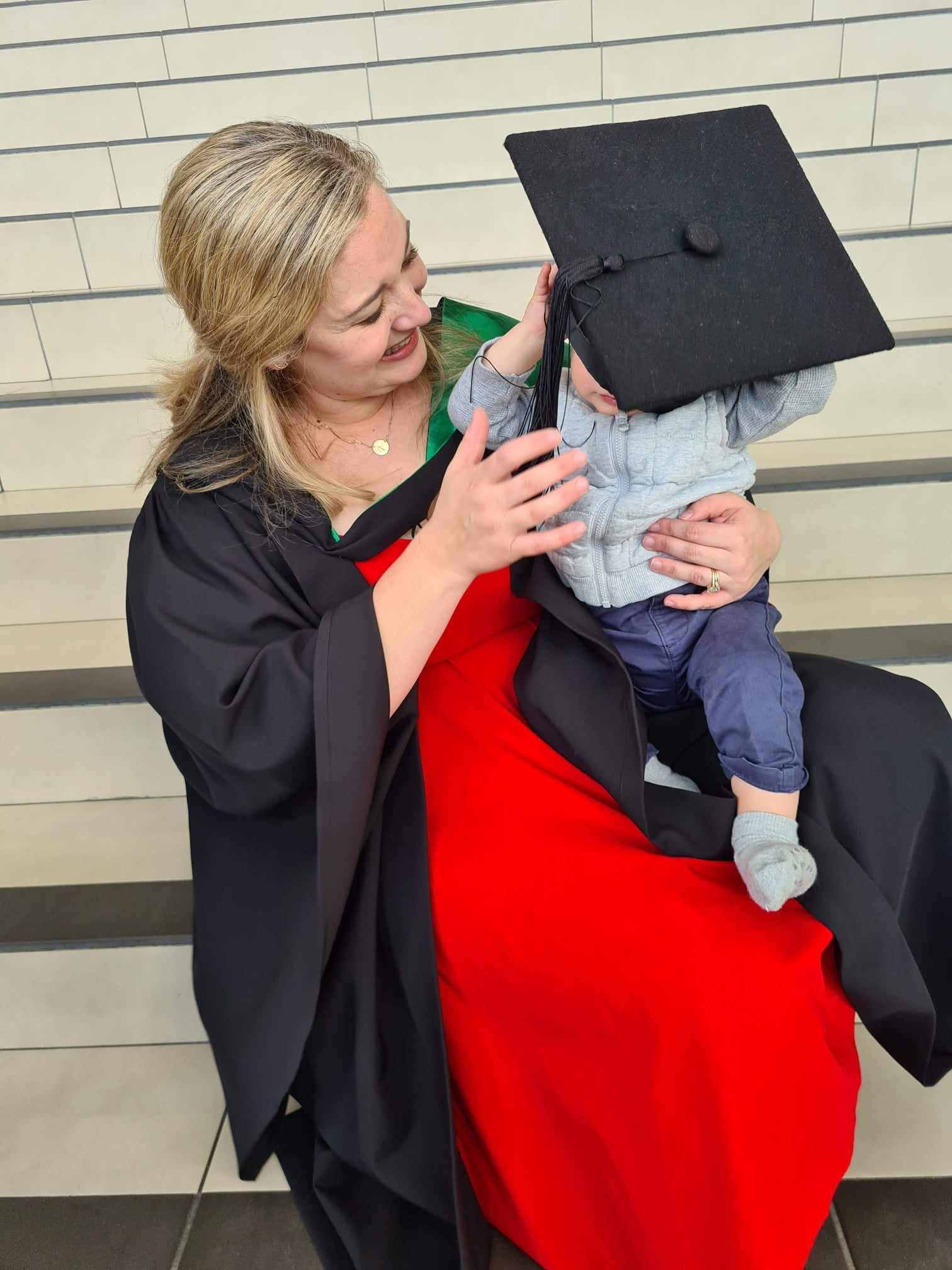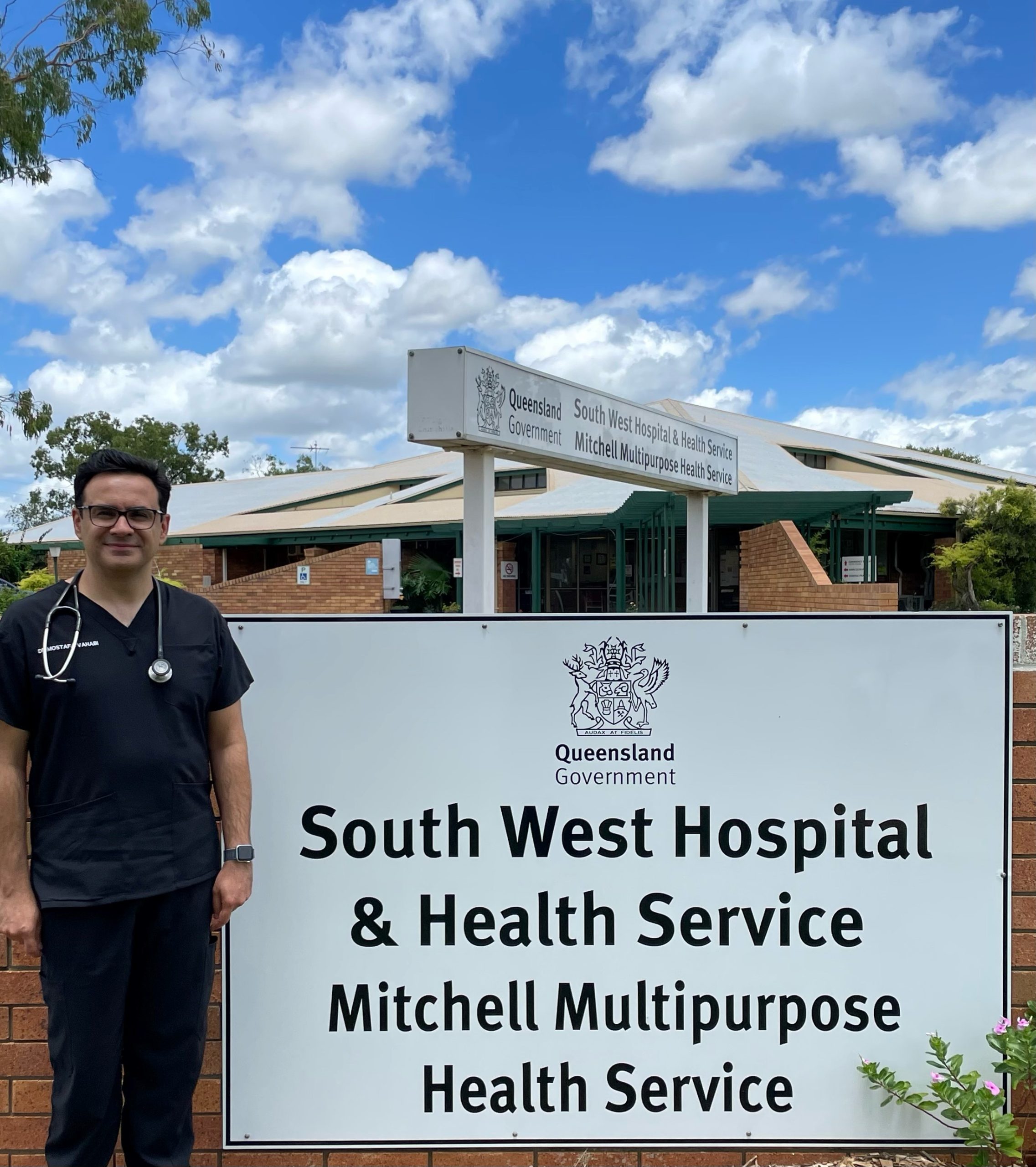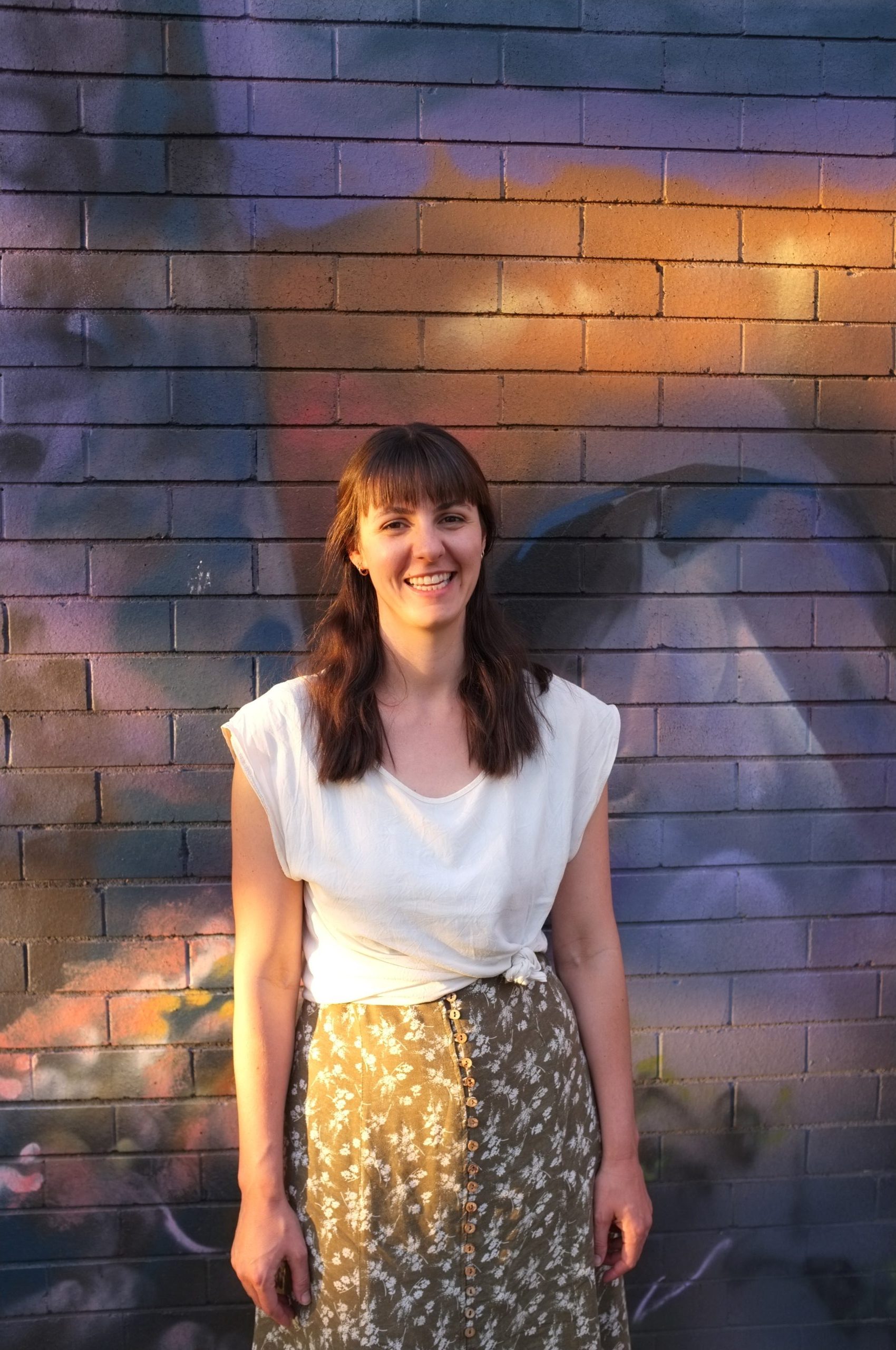You’re here! You’ve made it through your prevocational years, an advanced skill or two and now you’re ready to embark wholeheartedly on your career as a Rural Generalist! You’ve landed in town ready to make an impact and show your new community what an asset you are!
Transitioning to vocational training makes one thing become apparent very quickly; a successful rural and remote health service is only possible with a highly functional healthcare team. The tyranny of distance, limited resources, weird and wonderful pathologies and local healthcare delivery idiosyncrasies all mean that our jobs as Rural Generalists have distinct challenges that you don’t see within bigger regional centres.
No two communities are the same
The differences are even quite marked between each rural location; retrieval may be a straightforward road transfer in some places, or a six hour wait for the Royal Flying Doctors Service. Some towns provide full obstetric services and deliver multiple babies a day, whilst elsewhere, an imminent delivery is a major deviation from the norm. Learning to navigate your new community whilst remaining a respectful and valued team member is vital to your role.
What goes around, comes around
The allied health, administration, operational staff, nurses and Indigenous Health Workers around you have a wealth of skills, knowledge, and friendship to offer. As the newbie in town, it’s your responsibility to take the time to get to know your team. You need to recognise that like any good machine, all parts working together is what makes it run. So ask Sarah on the front desk how her day is going (and really mean it!)…. or bring pastries and coffee in when you’re working on a Saturday morning to share. Take the time to call James the podiatrist to pass on Mr Allen’s compliment about his diabetic foot work. The more you put in to fostering good relationships with your team, the more you (and your patients) will benefit in return.
Respect your team’s strengths
Jane the admin officer is a guru with MBS item numbers and corrects your mistakes every time you submit Medicare paperwork (true story!). Trevor from the kitchen has an incredible memory, so he calls you to check if you wanted a diabetic diet for Mr Smith in bed 11 ‘because he had one last time, but you didn’t tick the box this time Doc…?’ (true story again…oops!). Sally the nurse has lived and worked in this community for 25 years and can tell you why Mr Clarke can’t be admitted to room 12 and you now must shuffle half the ward to accommodate him (his wife was palliated in that room 5 years ago- again, all true). Taking the time to identify your team’s strengths early will help you hit the ground running and deliver optimum patient care.
When the going gets tough…
Your new team will be your source of support and your greatest allies in caring for your community (and yourself), especially in tough times. From personal experience; the nurses on night duty who sat and listened to me go over my diagnostic process to make sure I haven’t missed that ‘one’ thing, the kitchen staff coming on at 6am who offered me a cup of coffee and smile, and the administration officer who grabbed me something to eat before the day started again have been worth their weight in gold.
Keep your head
It is natural that you will want to prove your abilities and do your very best in your new team. Occasionally you’ll disagree with your colleagues and may step on your team members’ toes. Take the opportunity to work through your decisions and reasoning when this happens. Most times these situations are just misunderstandings or missed information. There is no need to play the ‘doctor’ card and doing so may damage the rapport you’re trying to establish with your team. Use these situations as an opportunity to fine tune your communication skills to get the best outcome possible.
Consciously build your reputation
You need to remember that in your role as a Rural Generalist you will be looked upon as a leader within your practice or hospital and the general community. This is a privilege that must be earned. It can be very easy to lose the respect of those you work with if you come into a new practice or hospital with a chip on your shoulder and a sense of entitlement. Embrace your new team and your role within it; the rewards will be great and you may even learn a thing or two (or 1000!).
Final thoughts
I can honestly say that my years working in small rural communities within a multidisciplinary team have been the most rewarding and enjoyable of my career so far. The comradery and deep friendships make Rural Generalist practice even more rewarding. Embrace the new stage of training and the unique rural or remote community you’re in; and they’ll embrace you right back.
Prue Wallin | Rural Generalist Trainee Advisor







